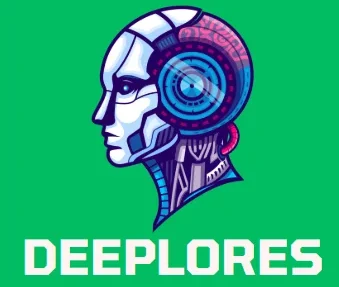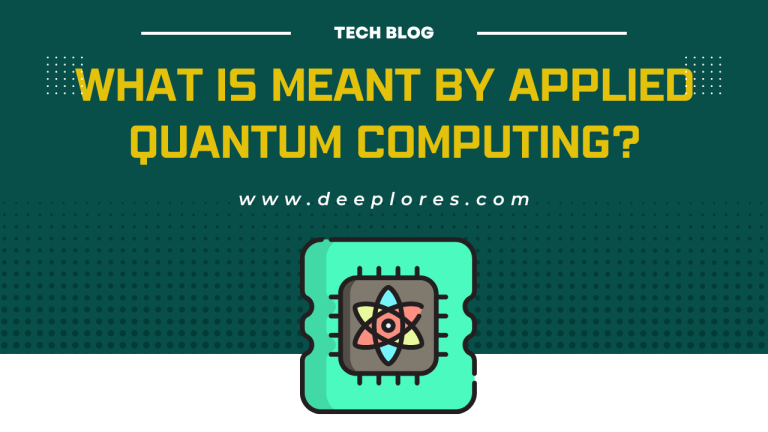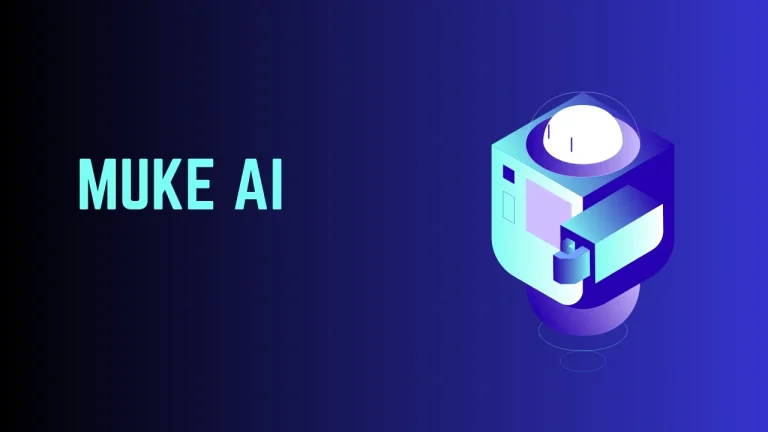Which Technology will Quantum Computing Impact Most Significantly?
Quantum computing, a realm once limited to the imagination of sci-fi enthusiasts, has grown to become one of the most promising frontiers of modern science. But the question is, which technology will quantum computing impact most significantly? Let’s embark on a journey to discover the answer.
How Will Quantum Computing Affect Cybersecurity?
Quantum computers promise unparalleled speed and power. However, quantum cryptography presents a double-edged sword. On one hand, quantum computers can crack the robust encryption methods we trust today. Yet, on the flip side, they offer quantum-resistant cryptography, assuring a level of security previously deemed impossible. The world of cybersecurity stands on the brink of revolutionary transformation.
Can Quantum Computing Break Current Encryption Methods?
Our current encryption relies on the complexity of factoring large numbers – a task that’s time-consuming for classical computers. Enter quantum supremacy, leveraging quantum parallelism and quantum algorithms optimization. Quantum computers can, in theory, crack these codes rapidly. However, quantum encryption methods will usher in a new era of invincible security.
What Industries Will Benefit Most from Quantum Computing?
From quantum machine learning enhancing AI’s capabilities to quantum simulation that aids in drug discovery, the impacts are vast and varied. Financial modeling, supply chain optimization, and weather forecasting are only a few sectors awaiting quantum leaps.
Are There Any Real-World Applications of Quantum Computing Yet?
Absolutely! Quantum annealing and quantum-assisted optimization have found applications in solving complex problems. Moreover, quantum sensors and quantum metrology are playing crucial roles in research labs across the world.
How Does Quantum Computing Relate to Artificial Intelligence?
AI thrives on data and pattern recognition. Quantum AI intertwines quantum mechanics with artificial intelligence, enabling faster computations, optimized solutions, and thus, a more intuitive AI. It’s a match made in quantum heaven.
Will Quantum Computing Make Traditional Computers Obsolete?
Not quite. Quantum computers won’t replace our desktops or smartphones. Instead, they’ll work alongside, taking over tasks they’re specifically suited for, like quantum software development and handling quantum information theory.
How Will Quantum Computing Revolutionize Drug Discovery?
The medical sector eagerly awaits the massive potential of quantum computing. Traditional drug discovery processes are time-consuming, sometimes taking decades. With quantum simulation, researchers can simulate molecular interactions at an unprecedented speed and precision. This means potential life-saving drugs could be discovered and brought to market in significantly less time.
How Does Quantum Computing Impact Supply Chain Optimization?
The intricacy of global supply chains, with countless variables to consider, can make optimization a herculean task for classical computers. Quantum computing, using quantum algorithms optimization and quantum annealing, can process multitudes of data points concurrently. This capability will help industries predict disruptions, understand global patterns, and refine logistic strategies like never before.
Will Quantum Computing Lead to Breakthroughs in Quantum Physics?
Indeed, quantum computers can prove instrumental in unraveling the remaining mysteries of quantum mechanics. They offer a playground for physicists to test theories, run simulations, and get closer to understanding the very fabric of our universe. Through quantum computing, the gap between theoretical and experimental quantum physics might narrow considerably.
How Close Are We to Achieving Practical Quantum Computers?
While we’ve made commendable progress, with companies like IBM and Google leading the charge, building a scalable and error-free quantum computer remains challenging. Quantum error correction and building efficient quantum hardware are among the hurdles we’re striving to overcome. However, with rapid advancements, practical quantum computers might just be a decade or two away.
How Will Quantum Computing Affect Data Storage and Retrieval?
As we generate more data daily than ever before, efficient storage becomes crucial. Quantum computing, harnessing quantum parallelism, could revolutionize how we store, retrieve, and process data. Moreover, quantum encryption assures that our data remains secure, even in storage, as it’s practically immune to brute-force attacks.
Can Quantum Computing Accelerate Machine Learning Algorithms?
Absolutely. Quantum machine learning combines quantum algorithms with traditional machine learning methods. This blend can process vast datasets more swiftly, identify patterns with higher accuracy, and optimize AI learning processes. It’s an integration that will undoubtedly usher AI development into overdrive.
How Does Quantum Computing Impact Weather Forecasting?
Weather forecasting requires the processing of immense amounts of data to make accurate predictions. Quantum sensors and processors can analyze atmospheric variables simultaneously, increasing the precision and timeliness of weather forecasts. This could lead to better disaster preparedness and resource management.
Are There Any Ethical Concerns Related to Quantum Computing?
With great power comes great responsibility. Quantum computing’s vast capabilities can be both a boon and a bane. While its positive potential is limitless, there’s concern about misuse in surveillance, espionage, and unauthorized data decryption. Establishing a global ethical framework around its use is paramount.
What are the Limitations of Current Quantum Computing Technology?
Current quantum computers are in their infancy. They require incredibly low temperatures to operate, are susceptible to external disruptions, and face challenges in quantum error correction. However, researchers are tirelessly working to overcome these obstacles, bringing us closer to stable and efficient quantum machines.
Frequently Asked Questions (FAQs)
How does quantum computing impact financial modeling and prediction?
Quantum computers can analyze vast amounts of financial data in real-time, making predictions more accurate than ever before.
What are the potential environmental impacts of quantum computing?
Quantum computers, due to their efficiency, might reduce energy consumption. However, they require very low temperatures to function, leading to an increased need for cooling systems.
Can quantum computing solve complex optimization problems?
With quantum algorithms and superposition, quantum computers can simultaneously process multiple solutions, making them excellent for complex optimization.
What is the role of quantum computing in materials science?
Through quantum simulation, researchers can understand material behaviors on a molecular level, paving the way for innovative, sustainable materials.
Are there any ethical concerns related to quantum computing?
Like all powerful technologies, the primary concern is misuse. Ensuring global cooperation and ethical guidelines are crucial as the technology advances.
Also Read: What is Meant by Applied Quantum Computing?
Final Thoughts
Quantum computing is shaping up to be the technological marvel of the 21st century. Its implications are far-reaching and transformative across diverse sectors. As researchers, developers, and enthusiasts, our journey into the quantum realm is just beginning, promising innovations that once lived only in our imaginations.
In closing, we trust that this article has not only addressed your queries regarding “Which Technology will Quantum Computing Impact Most Significantly?” but has also sparked a deeper curiosity, encouraging you to delve further into this fascinating subject.







